Ceremonial Hall
Main Track
09:00-09:10
Welcome

Morten Scheibye-Knudsen
University of Copenhagen

Alex Zhavoronkov
Insilico Medicine

Daniela Janina Bakula
University of Copenhagen

Evelyne Yehudit Bischof
Sheba Longevity Center
09:10-09:30

Morten Meldal
University of Copenhagen
09:30-09:50

Reprogramming Aging as a Gateway to Disease Prevention and Healthy Longevity
Jean-Marc Lemaitre
Institute of Regenerative Medicine and Biotherapies of Montpellier
09:50-10:10

Addressing Aging and Disease through Partial Cellular Reprogramming
Juan Carlos Belmonte
Altos Labs
10:10-10:30
Coffee break
10:30-10:50

Stem cell aging: Evolutionary trade-offs and survivorship bias
Thomas Rando
University of California Los Angeles
10:50-11:10


Sponsor talk - with gratitude
Sharon Rosenzweig-Lipson
LifeBiosciences
11:10-11:30

Michela Deleidi
Institut Imagine
11:30-13:00
Lunch
13:00-13:20

Intersection of tumorigenesis and aging-associated decline in lung regenerative potential
Tuomas Tammela
Memorial Sloan Kettering Cancer Center
13:20-13:40


Sponsor talk - with gratitude
Rafael Bottos
Aptah Bio
13:40-14:00

Targeting inflammaging to enhance health span
Miriam Merad
Mount Sinai School of Medicine in New York
14:00-14:20
Coffee break
14:20-14:40

Riekelt Houtkooper
University of Amsterdam
14:40-15:00


Longevity Peptides, the Microbiome and the Gut-Brain Axis
Sponsor talk - with gratitude
Edward Rudnic
Maxwell Biosciences
15:00-15:20

Measure and Intervene Aging with AI
Jackie Han
Peking University
15:20-16:00
Coffee break and poster session
16:00-16:20

Imaging of chromatin and epigenetics reveals cell identity and biological age
Alexey Terskikh
Harry Perkins Institute & University of Western Australia, Australia
16:20-16:40


2025: An update in DNAm algorithms and Aging interventional data
Sponsor talk - with gratitude
Ryan Smith
TruDiagnostic
16:40-17:00

Single-Cell and Spatial Multiomics Reveal Novel Cardiomyocyte States in the Human Heart
Christoph Kuppe
Aachen University
17:00-17:20

Frontiers in Epigenetic Clocks: Unlocking Longevity
Steve Horvath
Altos Labs
17:20-17:40
Coffee break
17:40-18:40
Pharma Panel
18:40
Dinner
19:00
Gala Dinner (for speakers only)
sponsored by LongeVC and the LSF
Munk Cellar
Physics in Aging Biology
09:00-09:10
Opening
09:00-09:10
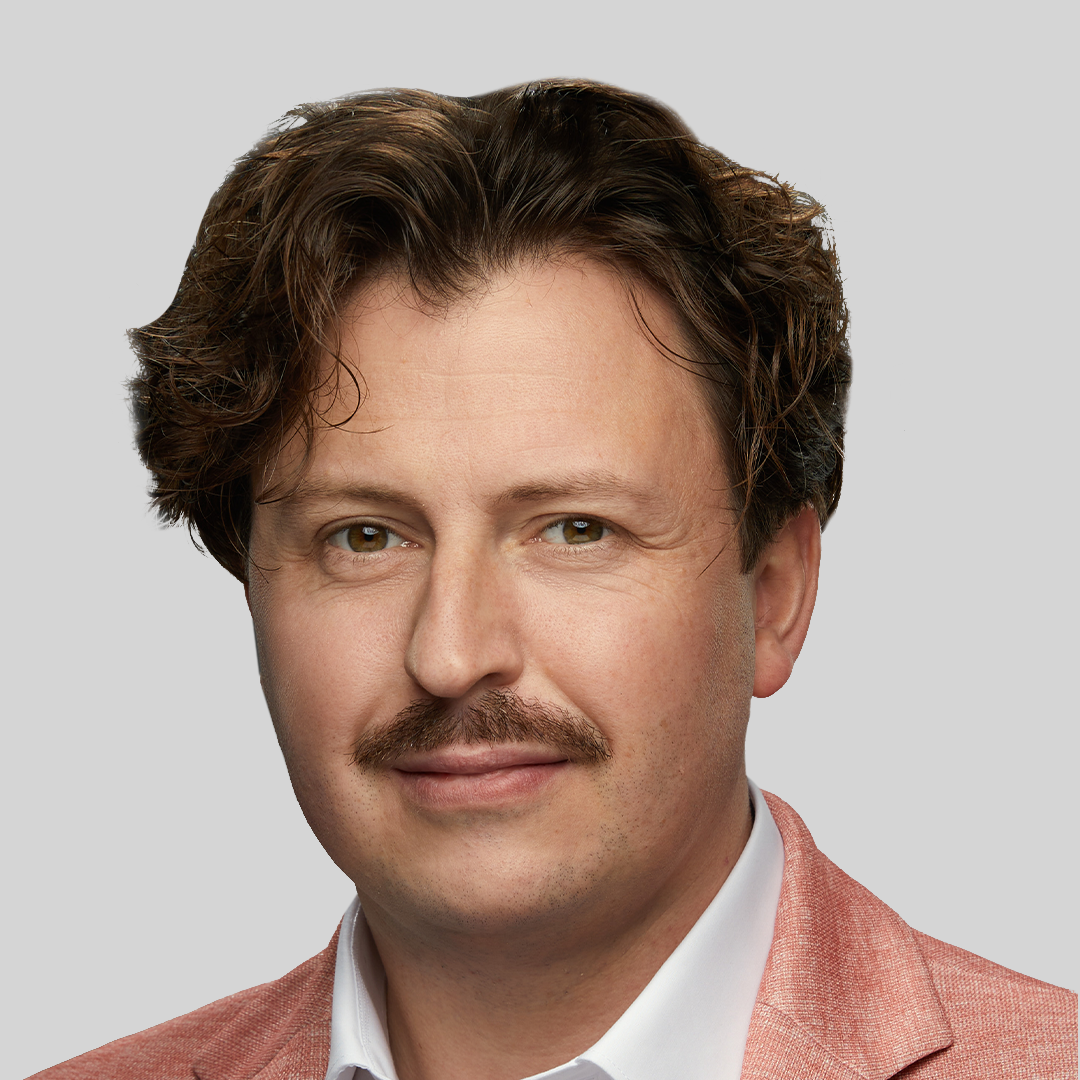
Maximilian Unfried
Chair
National University of Singapore
09:00-09:10
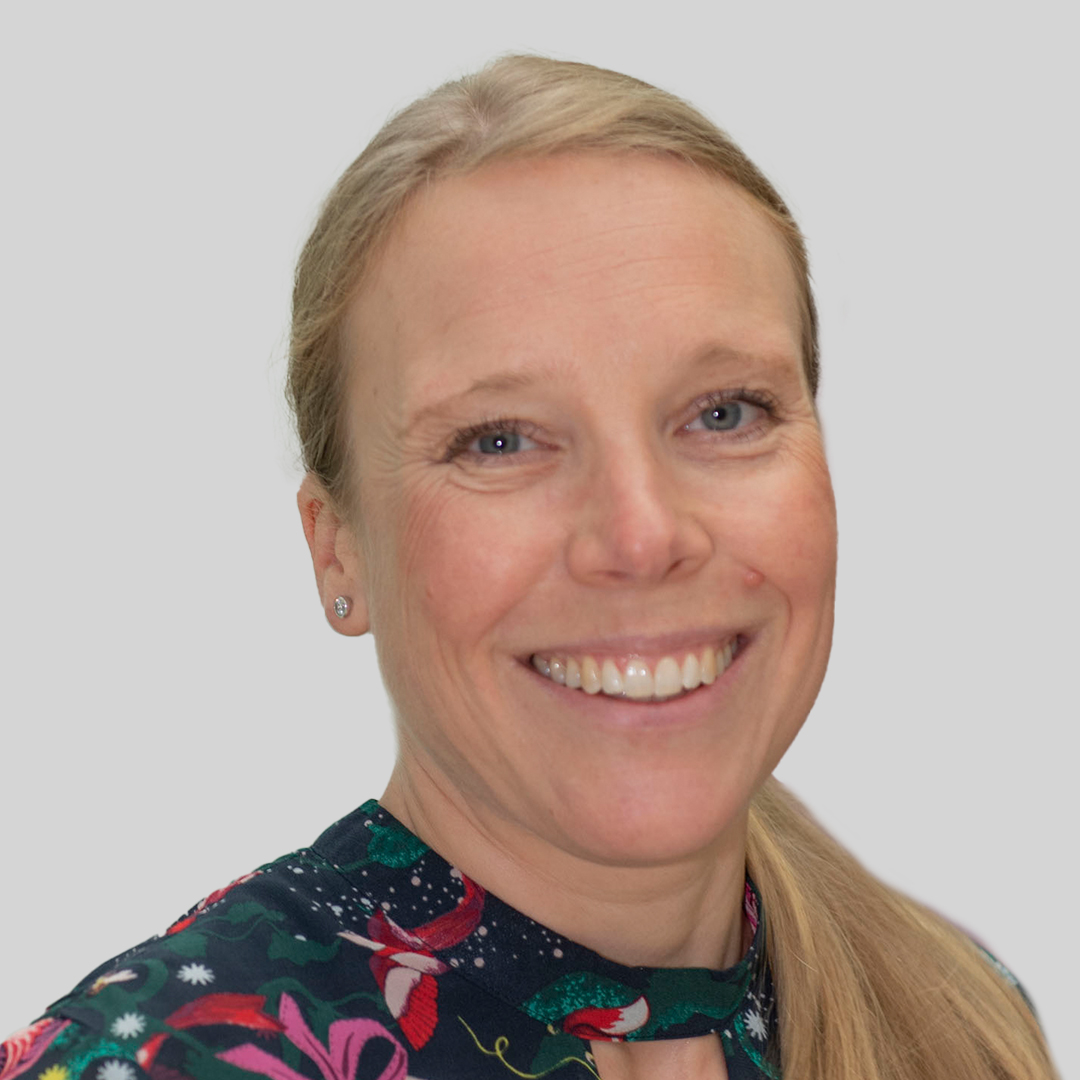
Sara Hägg
Co-moderator
Associate Editor npj Aging
Session 1
Modelling Molecular Mechanisms and Damage
09:10-09:30
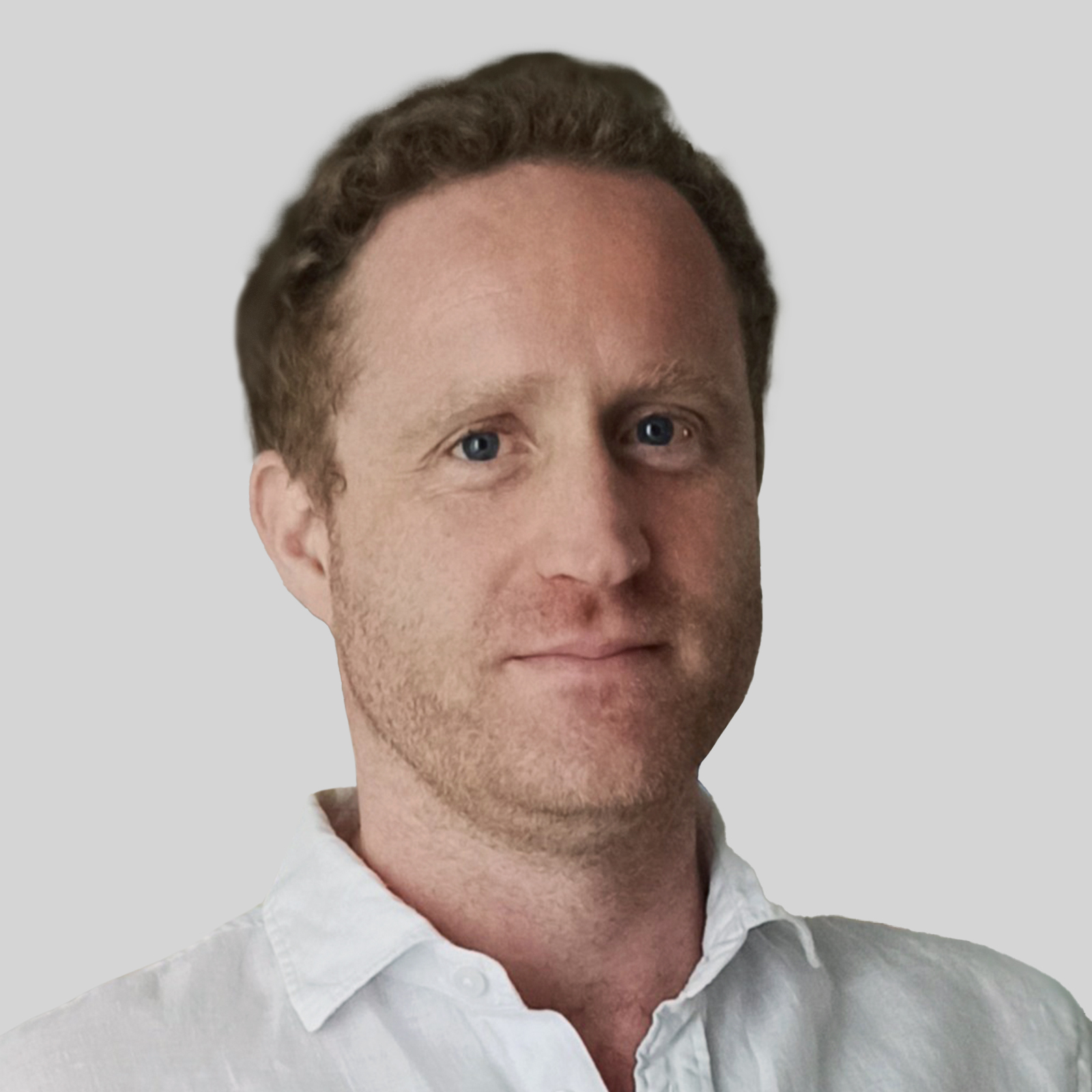
Probabilistic modelisation of telomere length dynamics
Denis Villemonais
IRMA, University of Strasbourg
09:30-09:50
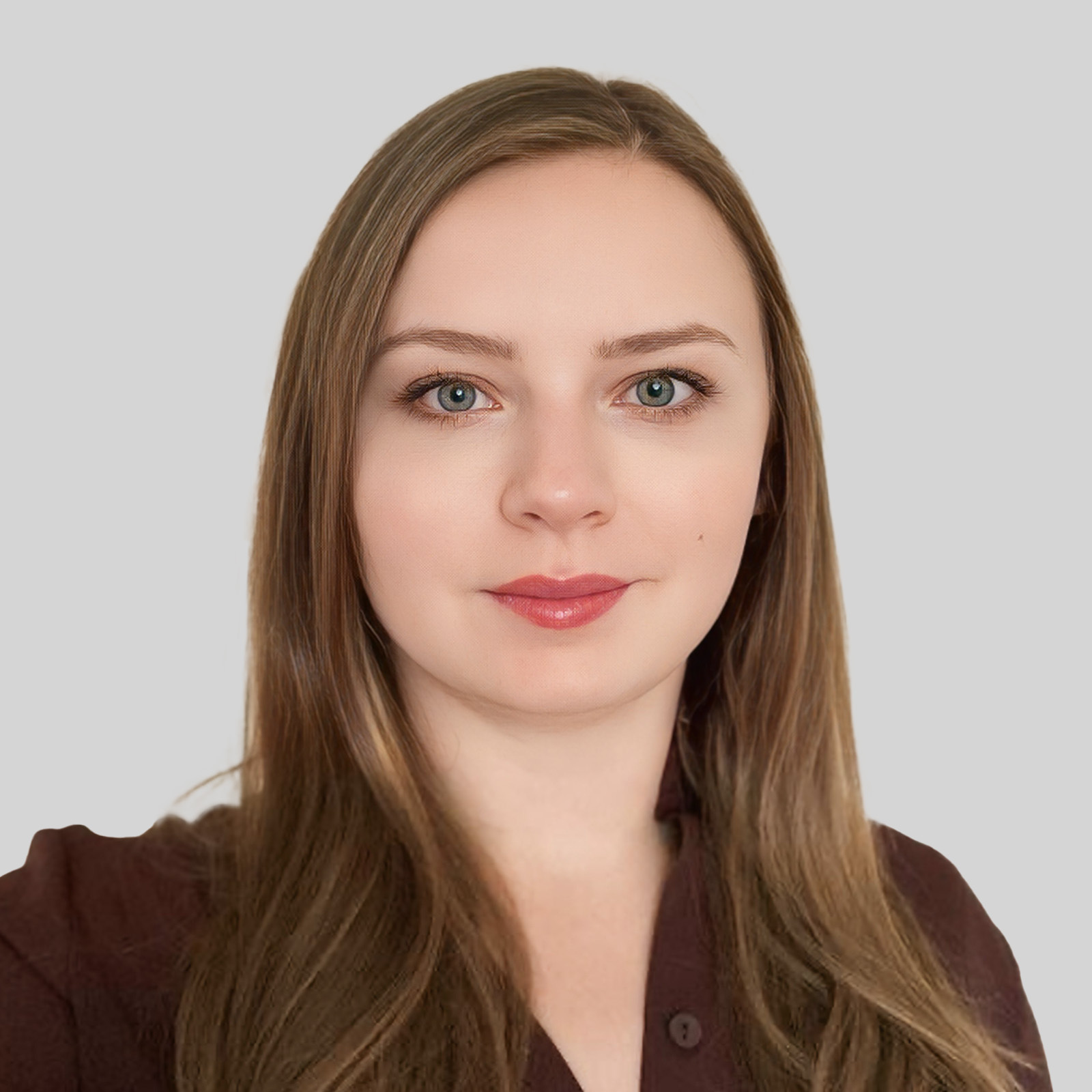
Mechanistic modelling of biochemical pathways for ageing research
Amy Morgan
University of Salford
09:50-10:10

Crossing Scales in Aging Biology: Physics- and AI-Based Simulations of Proteins and Pathways
Garegin A. Papoian
Deep Origin
10:10-10:20

A damage accumulation model reveals mechanisms of aging across species
Naveh Raz
Weizmann Institute of Science
10:20-10:40
Coffee Break
Session 2
Emergence, Dynamics, and Systems Biology
10:40-11:00

From Eigenmodes to Aging: A Dynamical Systems Perspective on Resilience Loss
Jan Gruber
National University of Singapore
11:00-11:20

Can we Ctrl+Z ageing? Modelling the rules, breaking the limits
Marija Cvijovic
University of Gothenburg
11:20-11:40

Computational models forecast emergent spatiotemporal cell population dynamics
Neda Bagheri
University of Washington Seattle
11:40-11:50

Tentative evidence that the rate of aging is controlled by a small number of interacting processes
Axel Kowald
Institute for Biostatistics & Informatics in Medicine and Ageing Research
12:00-13:00
Lunch Break
Session 3
Rejuvenation, Plasticity, and Control
13:00-13:20

Disentangling cellular damage from biological age
Andreas Beyer
University of Cologne
13:20-13:40

A model for growth control in axolotl limb regeneration
Benjamin Friedrich
Cluster of Excellence 'Physics of Life'
13:40-14:00

The menopause transition characterized using millions of lab tests
Glen Pridham
Weizmann Institute of Science
14:00-14:10

Aging by the clock and yet without a program
David Helmut Meyer
CECAD, University of Cologne
14:10-14:20

Aging, goal-directedness and bioelectricity
Léo Pio-Lopez
Allen Discovery Center at Tufts University
14:20-14:40
Coffee Break
Session 4
Theories of Aging
14:40-15:00

Towards a general quantitative mechanistic theory of growth, aging and mortality
Geoffrey West
Santa Fe Institute
15:00-15:20
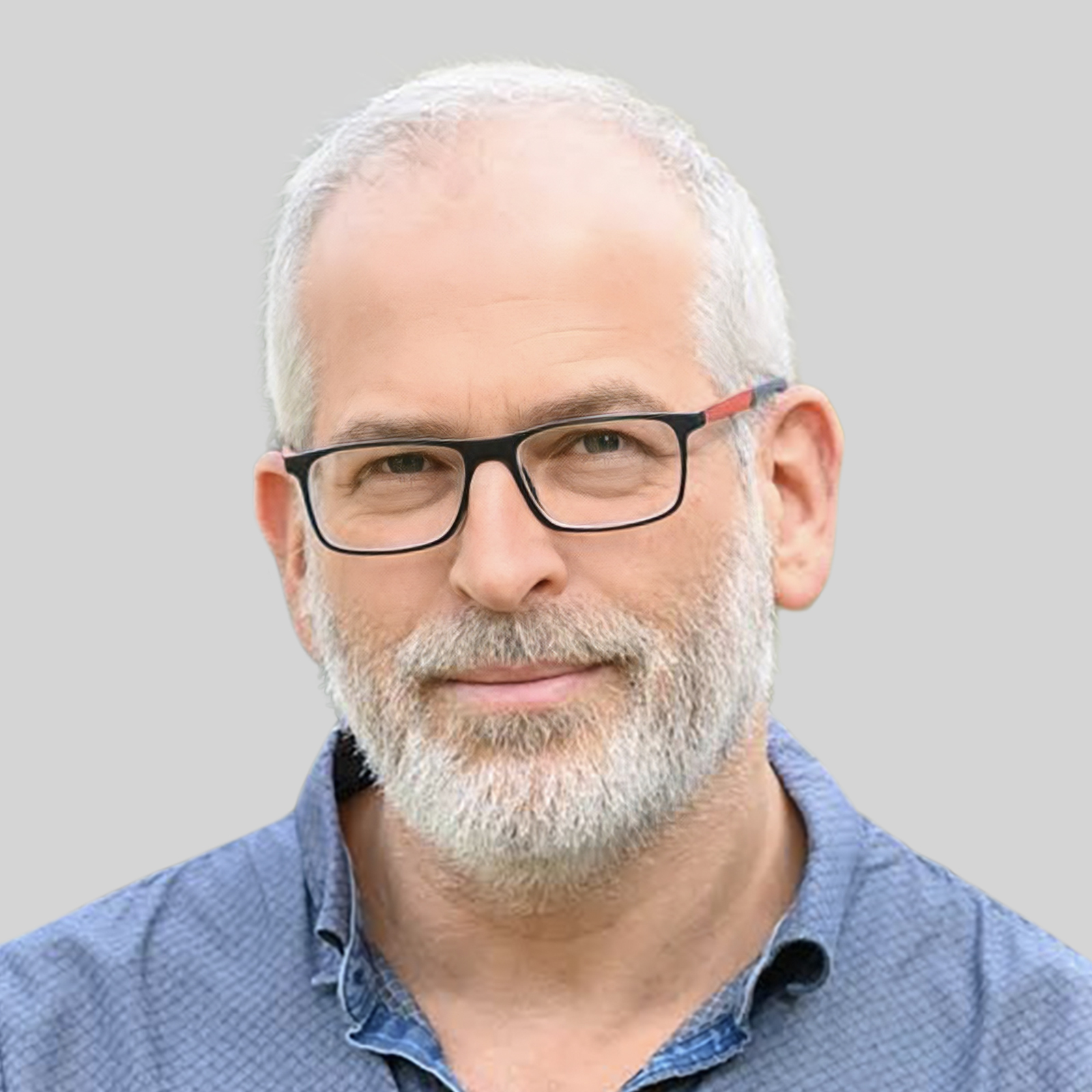
The saturating removal model of aging
Uri Alon
Weizmann Institute of Science
15:20-15:30

Aging as a Default State of Life
Elena G. Sergeeva
Tufts University and the Wyss Institute at Harvard
15:30-15:40
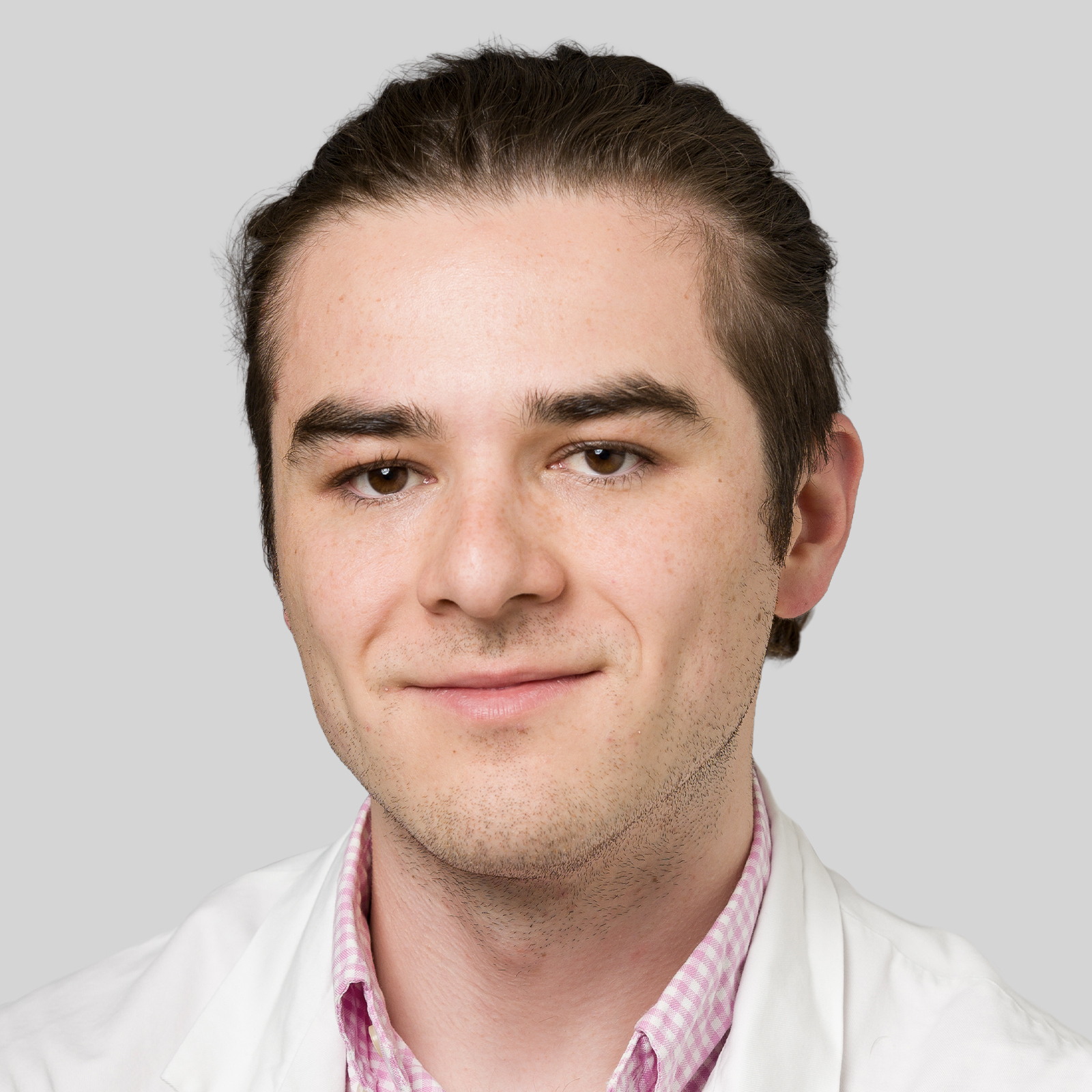
A need for a theoretical foundation on the biology of aging
Tomas Schmauck Medina
15:40-16:00
Coffee Break
Session 5
Evolution, Lifespan, and Adaptation
16:00-16:20

Evolution of adaptive death shaped by infectious diseases
Peter Lidsky
City University of Hong Kong
16.20-16:40

Maximum Lifespan Control in Mammals
Max Unfried
National University of Singapore
16:40-17:00

Ecological, evolutionary, and interventional antifragility in medicine
Jeffrey West
H. Lee Moffitt Cancer Center & Research Institute
17:00-17:10

The evolution of asymmetrical regulation of physiology is central to aging
Mirre J P Simons
University of Sheffield
17:10-17:30
Coffee Break
Session 6
Thermodynamics, Time, and Entropy
17:30-17:50

What sets the time scale of epigenetic ageing?
Steffen Rulands
Ludwig-Maximilians-Universität München
17:50-18:10

Tipping-point transition from transient to persistent inflammation in pancreatic islets
Ala Trusina
University of Copenhagen
18:10-18:25

The entropic nature of aging
Peter Fedichev
Gero
Book design is the art of incorporating the content, style, format, design, and sequence of the various components of a book into a coherent whole. In the words of Jan Tschichold, "Methods and rules that cannot be improved upon have been developed over centuries. To produce perfect books, these rules must be revived and applied." The front matter, or preliminaries, is the first section of a book and typically has the fewest pages. While all pages are counted, page numbers are generally not printed, whether the pages are blank or contain content.
